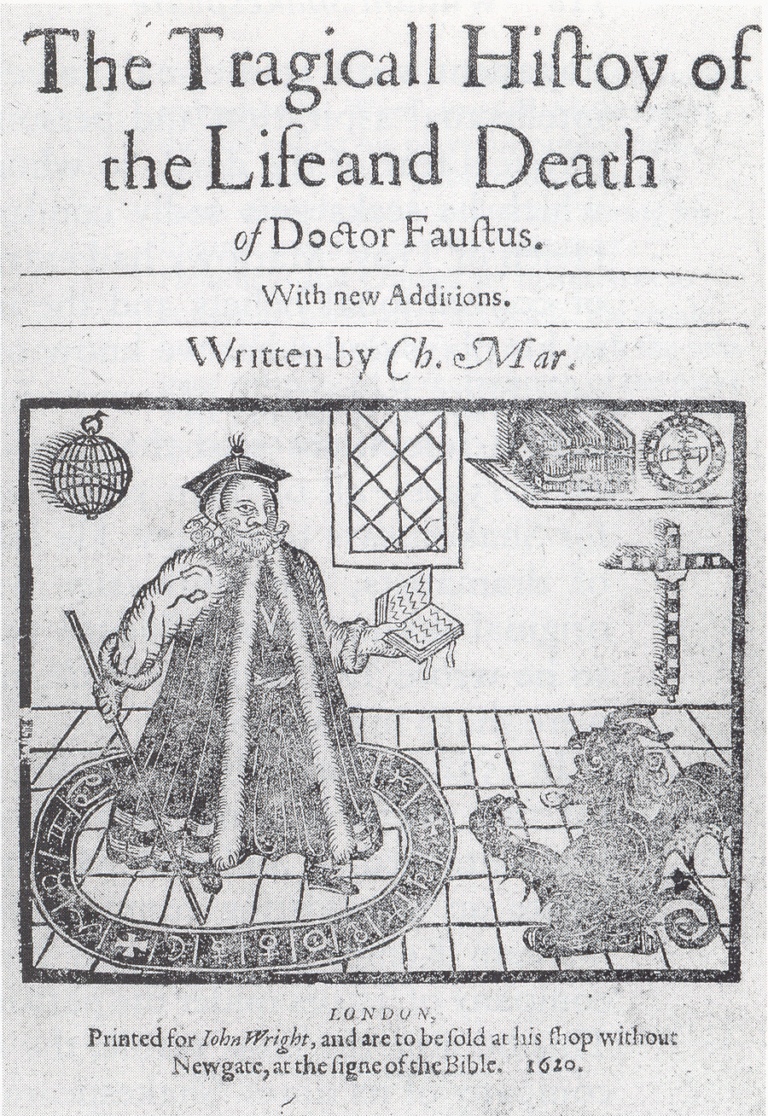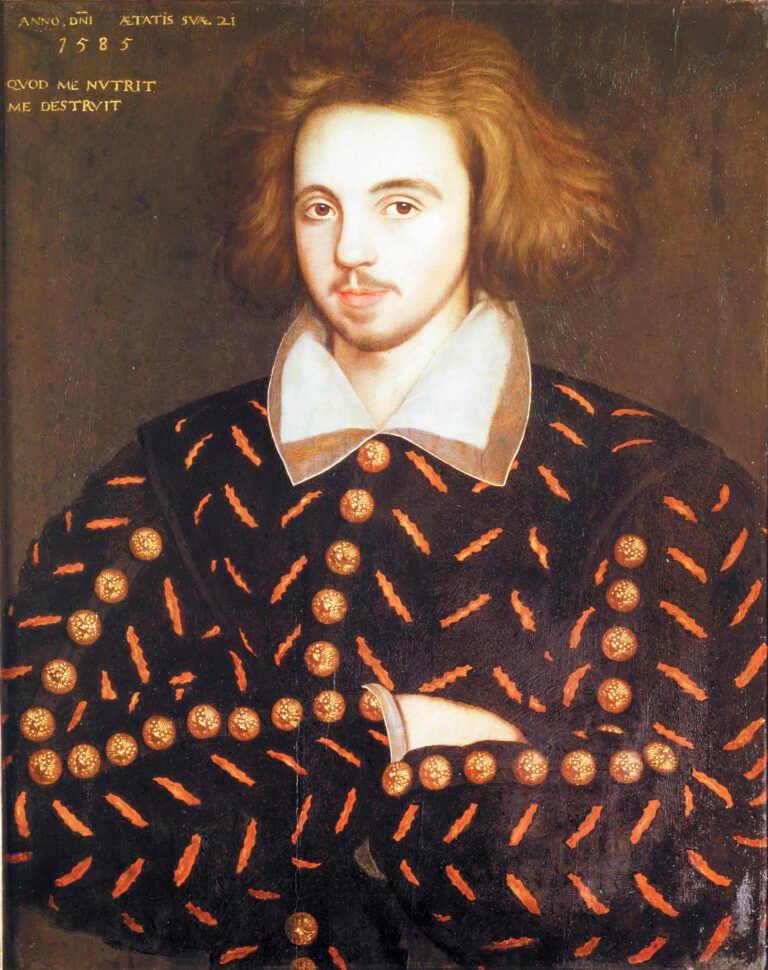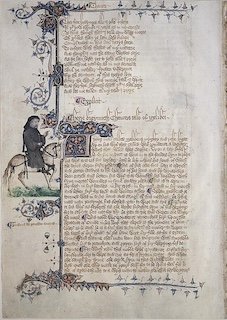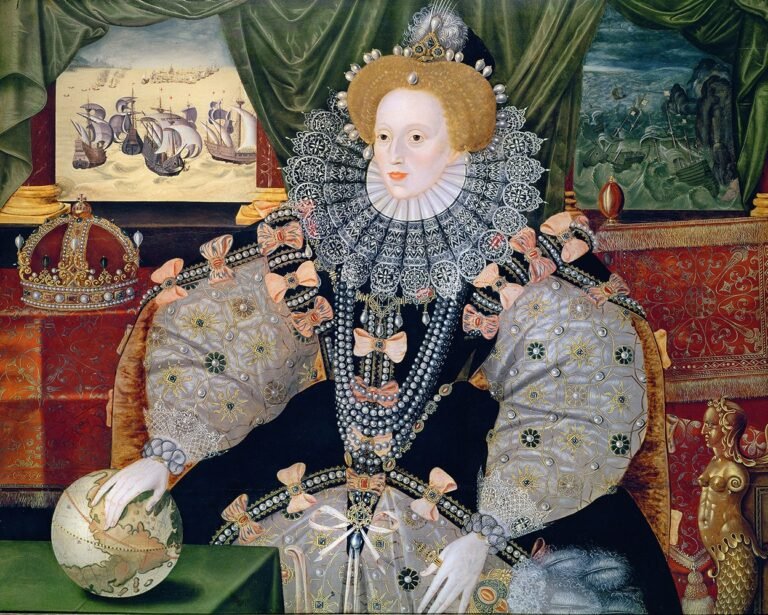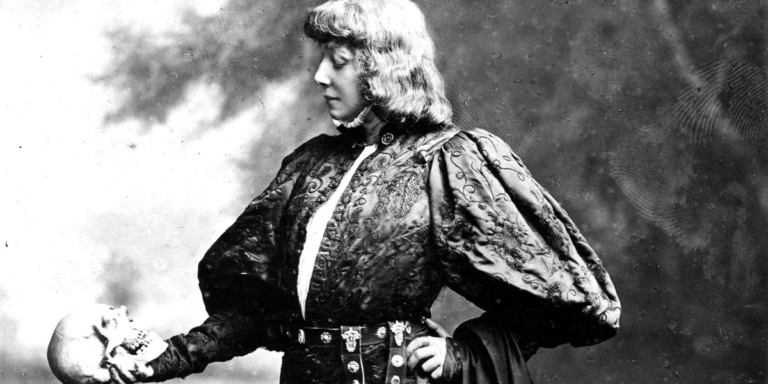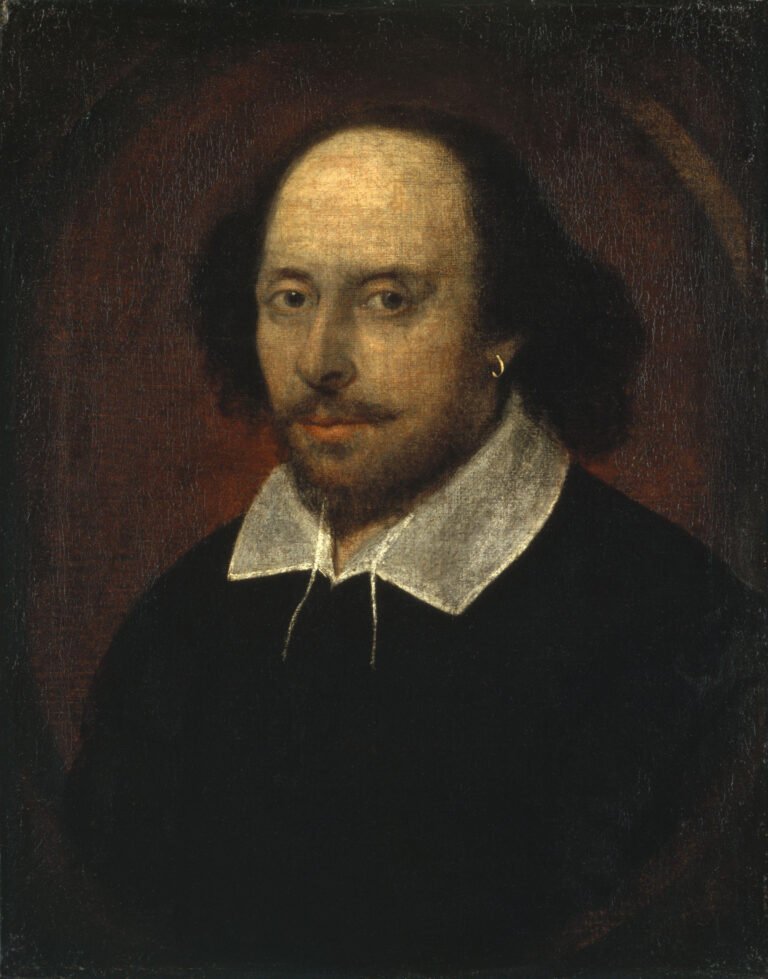Charles Dickens: A Literary Giant and His Enduring Legacy

Introduction
Charles Dickens, a towering figure in English literature, left an indelible mark with his vivid storytelling and memorable characters. Born on February 7, 1812, in Portsmouth, England, Dickens emerged from a life of hardship to become one of the most celebrated novelists of the Victorian era. His works continue to captivate readers around the world, offering keen insights into social issues and the human condition.
Early Life and Inspirations
Dickens’ early life was fraught with difficulties that would later permeate his writing. His father, John Dickens, was imprisoned for debt when Charles was just twelve years old. To support his family, young Charles worked in a blacking factory, an experience that left a lasting impression on him. The themes of poverty, social injustice, and the plight of the underprivileged, which are prevalent in his novels, can be traced back to these formative years.
Major Works and Themes
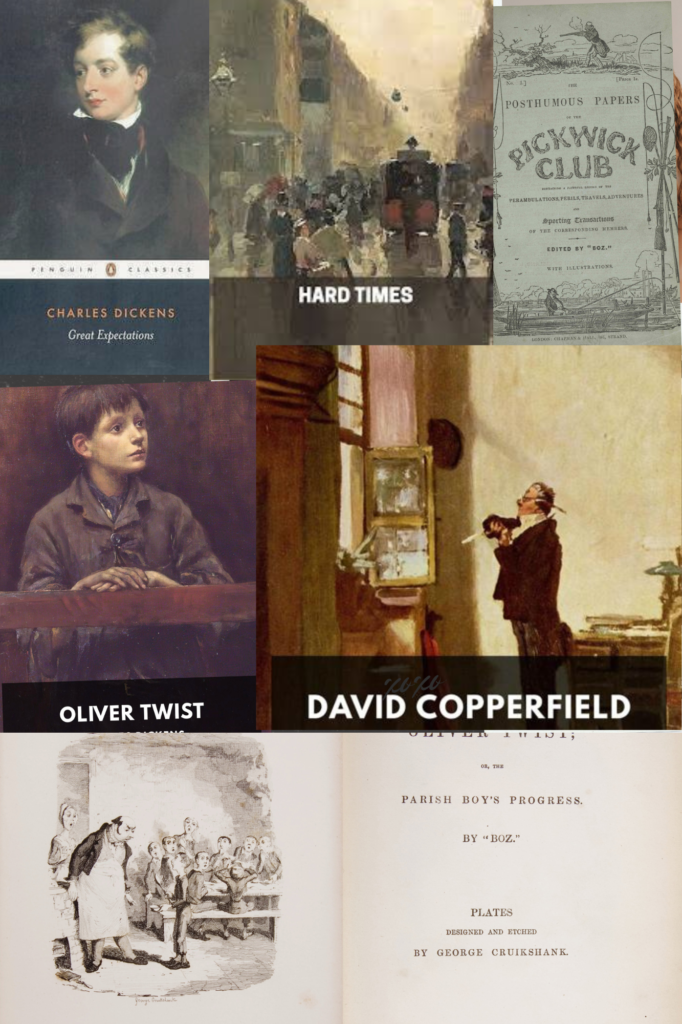
“Sketches by Boz,”
“Sketches by Boz,”Illustrative of Every-day Life and Every-day People, is a compilation of short works by Charles Dickens. These pieces were initially published in a range of newspapers and periodicals between 1833 and 1836. Dickens sought a distinctive identifier for his sketches and chose the nickname “Boz.” Inspired by a favourite character named Moses in Goldsmith’s “Vicar of Wakefield,” he transformed “Moses” into “Boses,” and finally into “Boz.”
“The Pickwick Papers”
Charles Dickens’s literary success took off with the 1836 serial release of “The Pickwick Papers.” This series became hugely popular, especially after introducing the character Sam Weller in the fourth episode, which led to lots of Pickwick-related merchandise and spin-offs. In just a few years, Dickens became an international literary star, known for his humor, satire, and sharp observations of people and society.
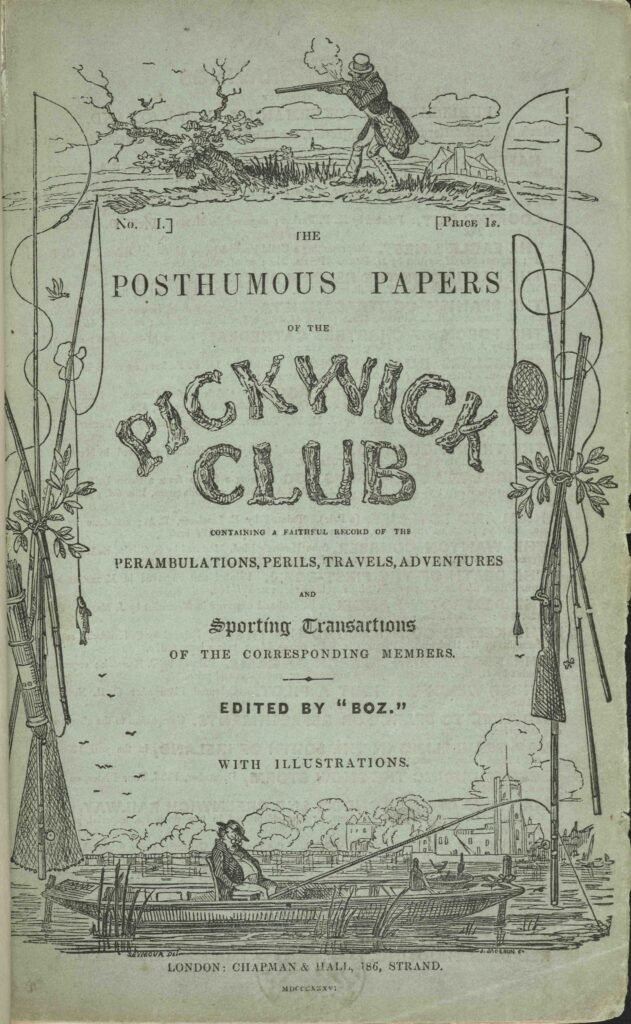
Most of his novels were published in monthly or weekly parts, pioneering the serial format, which became the main way novels were published in the Victorian era. The cliffhanger endings of his serials kept readers eagerly waiting for the next instalment.
“Oliver Twist” (1837-1839)
One of Dickens’ earliest and most famous novels, “Oliver Twist,” follows the life of an orphan navigating the grim realities of 19th-century London. Through Oliver’s trials, Dickens exposes the harsh conditions of workhouses, the criminal underworld, and the systemic mistreatment of the poor. The novel’s vivid characters, such as Fagin, Bill Sikes, and Nancy, remain iconic figures in literature.
“A Christmas Carol” (1843)
“A Christmas Carol” is perhaps Dickens’ most beloved work, a novella that has transcended its era to become a timeless Christmas classic. The story of Ebenezer Scrooge’s transformation from a miserly, cold-hearted man to a benevolent figure after being visited by three spirits on Christmas Eve serves as a moral tale of redemption and the spirit of generosity.
“David Copperfield” (1849-1850)
Often considered Dickens’ most autobiographical novel, “David Copperfield” chronicles the protagonist’s journey from a troubled childhood to a successful adulthood. The novel explores themes of perseverance, personal growth, and the impact of childhood experiences on one’s future. Dickens’ own life experiences resonate strongly in this work, making it deeply personal and poignant.
“Bleak House” (1852-1853)
“Bleak House” is a scathing critique of the British legal system, depicted through the interminable case of Jarndyce and Jarndyce. With its complex narrative structure and vast array of characters, the novel examines the corruption and inefficiency within the legal system and its devastating effects on individuals’ lives.
“Great Expectations” (1860-1861)
“Great Expectations” is a coming-of-age story that follows the life of Pip, an orphan who dreams of becoming a gentleman. The novel delves into themes of social class, ambition, and personal growth. Pip’s encounters with characters like the mysterious benefactor Magwitch, the eccentric Miss Havisham, and the beautiful yet unattainable Estella highlight the complexities of human relationships and societal expectations.
Dickens’ Impact on Society
Dickens was not just a storyteller; he was a social critic who used his writing to advocate for change. His works brought attention to the dire conditions of the poor, the injustices within the legal system, and the need for social reform. Through his novels, Dickens gave a voice to the voiceless and influenced public opinion, contributing to various social changes in Victorian England.
Legacy and Adaptations
Charles Dickens’ influence extends beyond his literary achievements. His works have been adapted into countless films, television series, and stage productions, ensuring that his stories reach new generations. The universal themes and memorable characters in Dickens’ novels continue to resonate, making him a perennial favorite among readers and scholars alike.
Conclusion
Charles Dickens remains a literary giant whose works have stood the test of time. His ability to weave compelling narratives with social commentary has cemented his place in the pantheon of great writers. Dickens’ legacy endures, reminding us of the power of literature to reflect society and inspire change.
